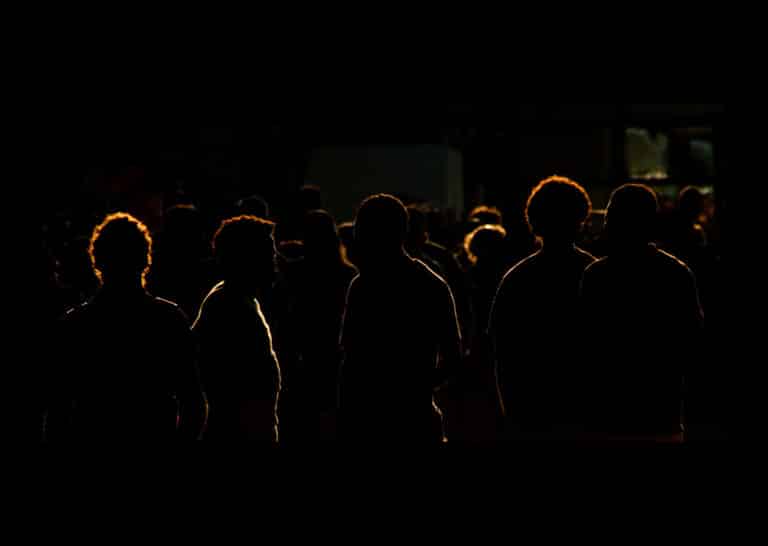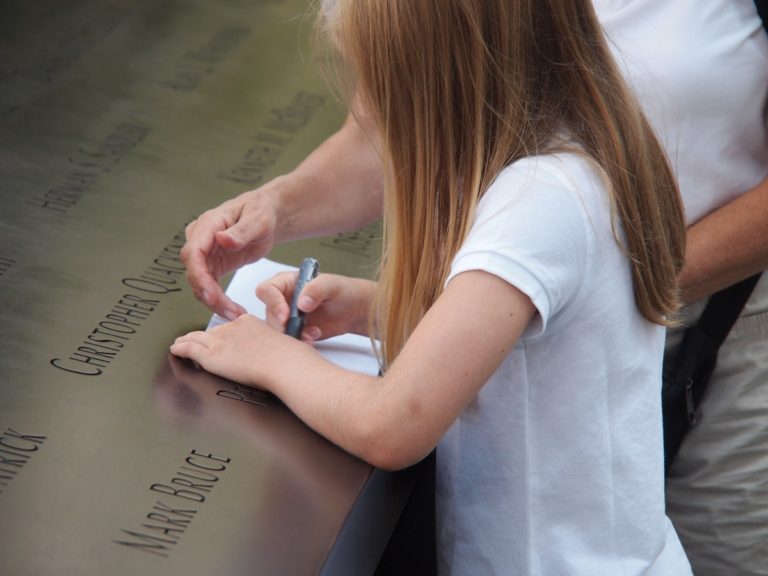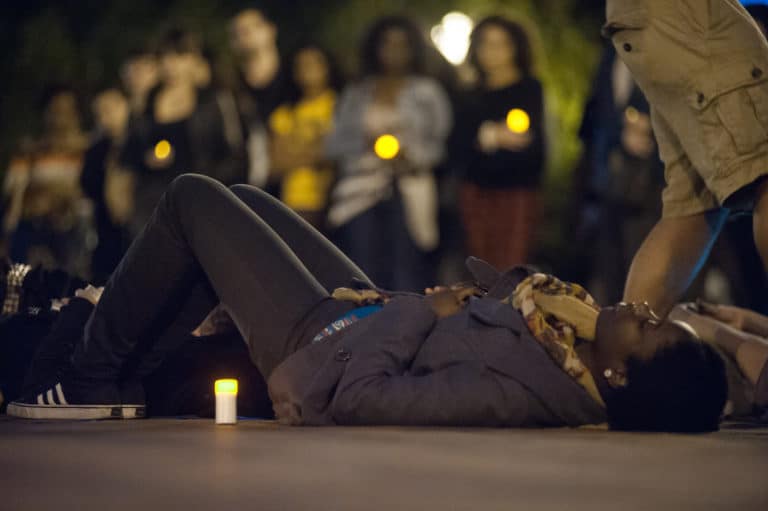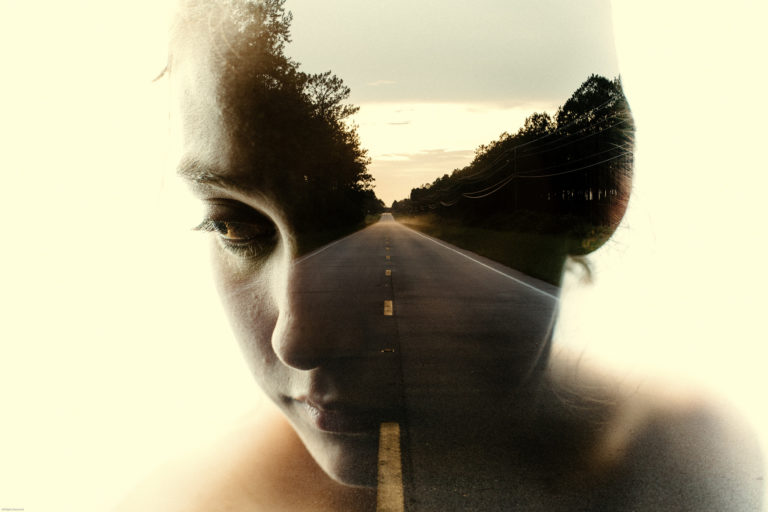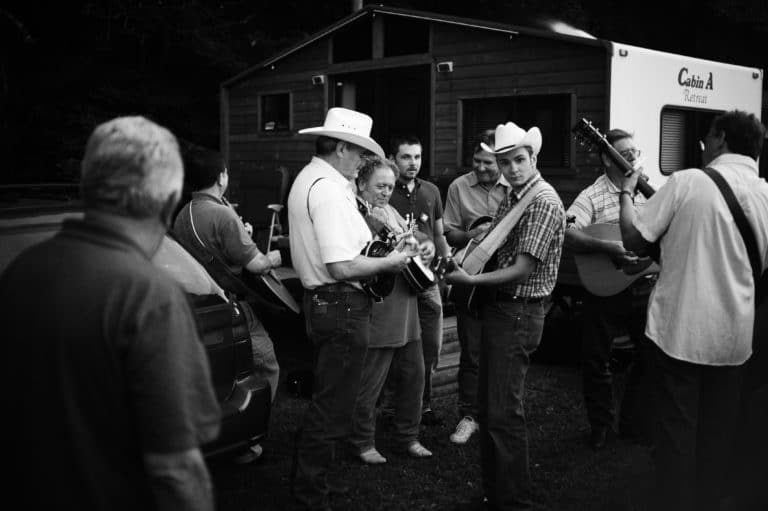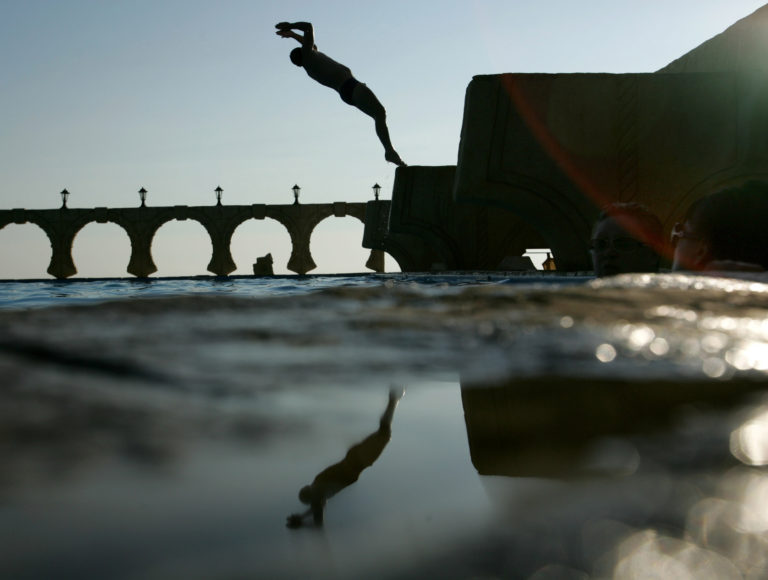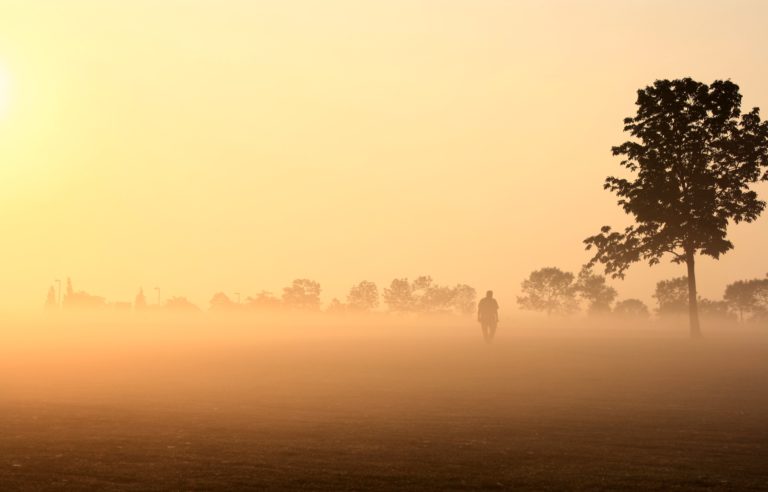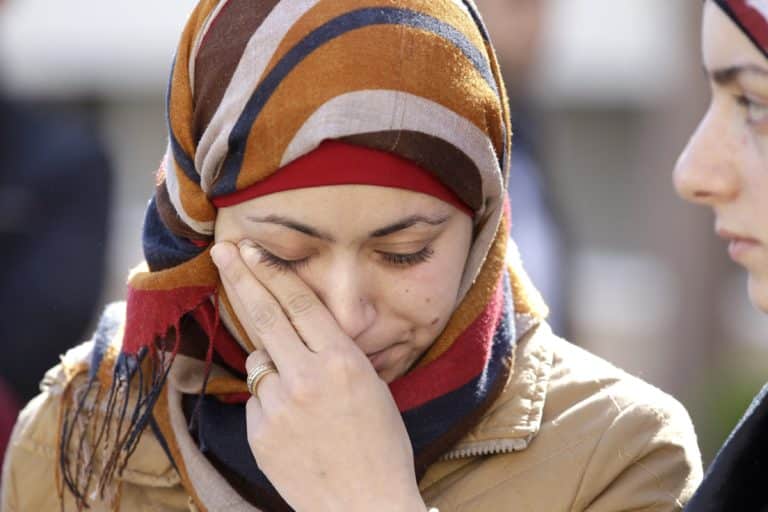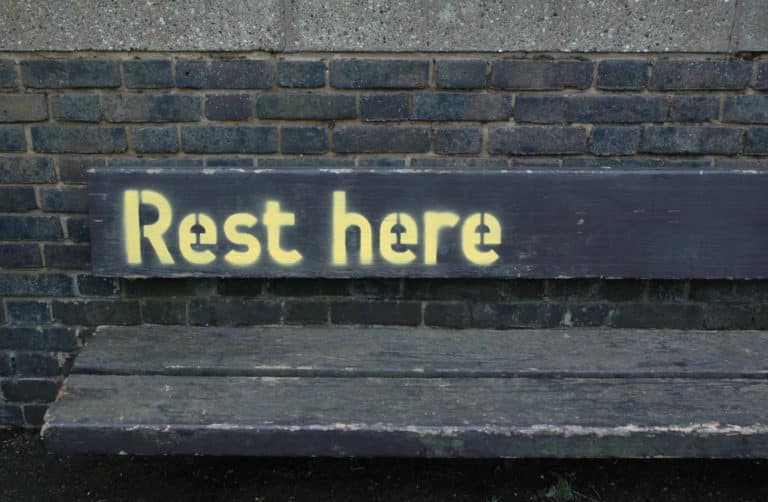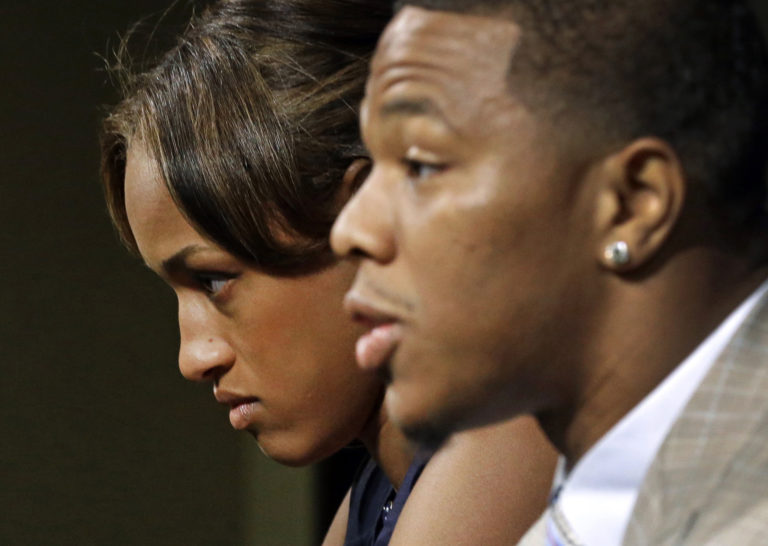violence
View
- List View
- Standard View
- Grid View
28 Results
In the wake of the Paris attacks, Parker Palmer highlights the importance of "wounded healers" and what we can do to let heartbreak open ourselves to suffering and the kindness necessary for social change.
When teaching about 9/11 and the dignity of all lives, a professor encounters a student in class who lost her father in the World Trade Center attacks. Her kind response is a reminder that we must sometimes reconcile our advocacy for, and anger towards, others with compassion for our fellow human beings.
With the near-constant news of extra-judicial police killings and mass shootings, it would be easy to live in a constant state of fear. Faced with his own fragile mortality, a Buddhist contemplates our collective fear and grief. For him, meditation is not about relaxation but about awakening to life — in its wonder and in its sorrow.
For the world-weary, cynicism may feel safe. But, in our efforts toward self-protection, what might we be missing? A Millennial reflects on the doubt and distrust he sees in his generation, and suggests a courageous counterpoint: sincere and hopeful optimism.
A Southern woman's searching lament on the hot, boiling silence of Southern grief after the shootings in Charleston — and the inheritance of sorrow.
The collective experiences of Black Americans can result in generational trauma that is "stored in the body." With the stories of McKinney, Texas and Charleston, South Carolina as a backdrop, a man calls for us to retrain our brains and break free from our limiting perceptions of one another to heal these divides.
Violence is what happens when we don’t know what else to do with our suffering. But how do we turn the power of suffering toward new life? It depends on our willingness to exercise our hearts so that when suffering strikes, they are suppler and more able to break open to new life.
How do we reckon with horror and injustice in the wake of Jordanian pilot Moaz al-Kasasbeh's killing by ISIS. Omid Safi on remembering and honoring the man, and not the horrible video effigy being shown over and over.
More than 50 years ago, Thomas Merton warned that the pressure of modern life might distract us from the wisdom that makes work fruitful.
The video of Ray Rice hitting Janay Rice has prompted all sorts of responses. Rather than resorting to humiliation and social isolation, how do we deal with generational legacies of violence when it confronts us in the news cycle? A call to see the pain before us, and create consequences and opportunities for cultural transformation — not public shaming.
Next
The Pause
Join our constellation of listening and living.
The Pause is a monthly Saturday morning companion to all things On Being, with heads-up on new episodes, special offerings, event invitations, recommendations, and reflections from Krista all year round.
Search results for “”
View
- List View
- Standard View
- Grid View
Filters
Listen
Read
